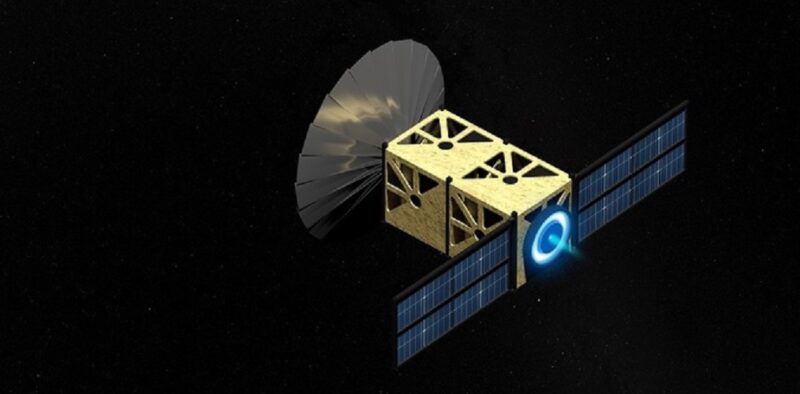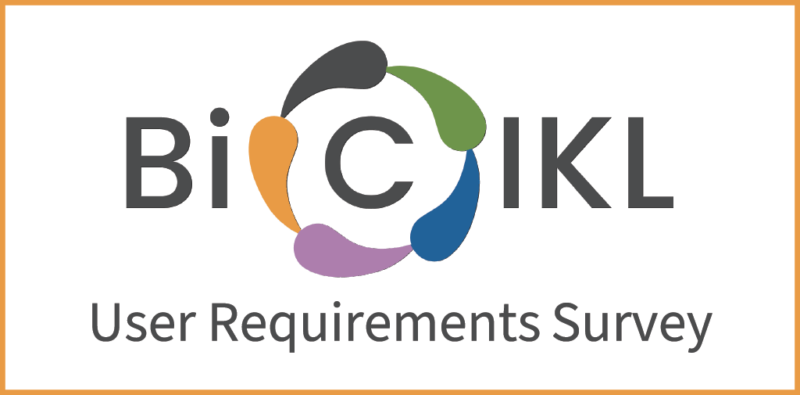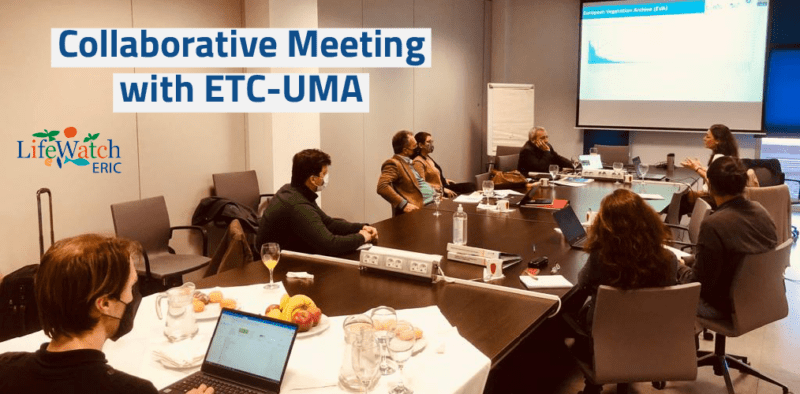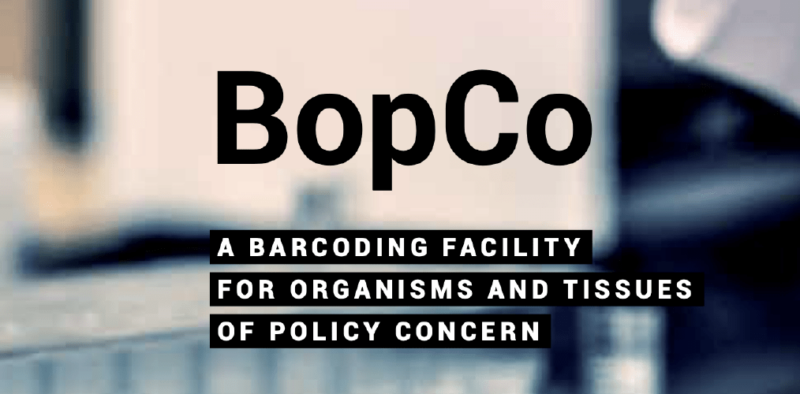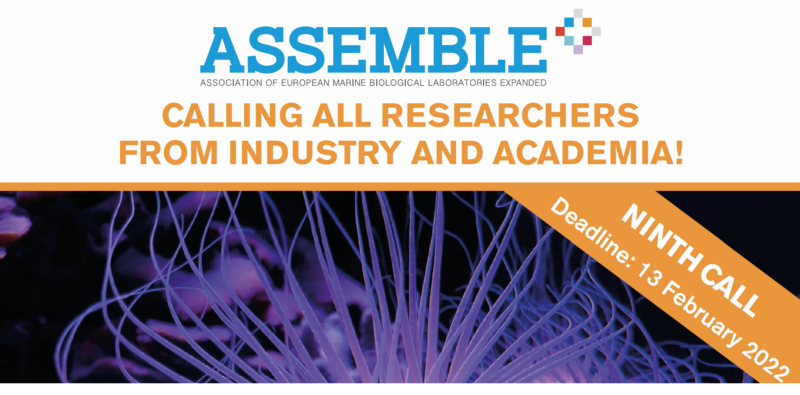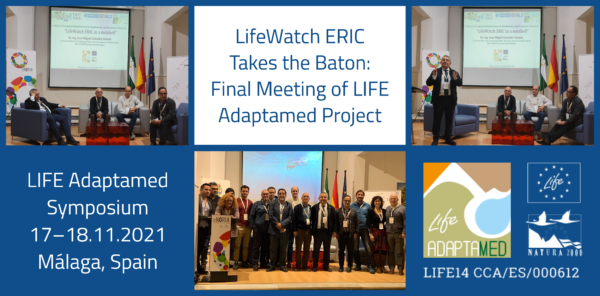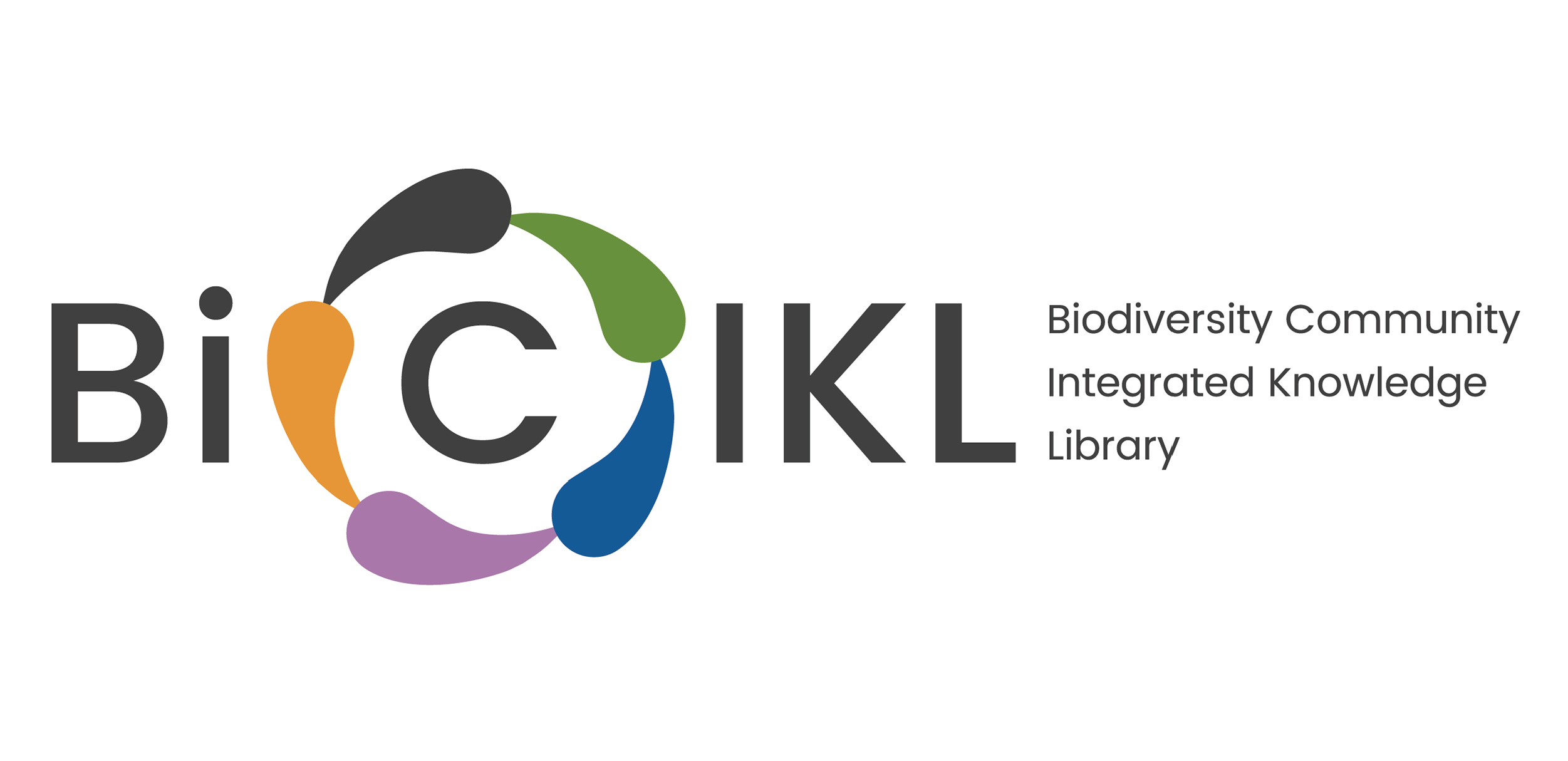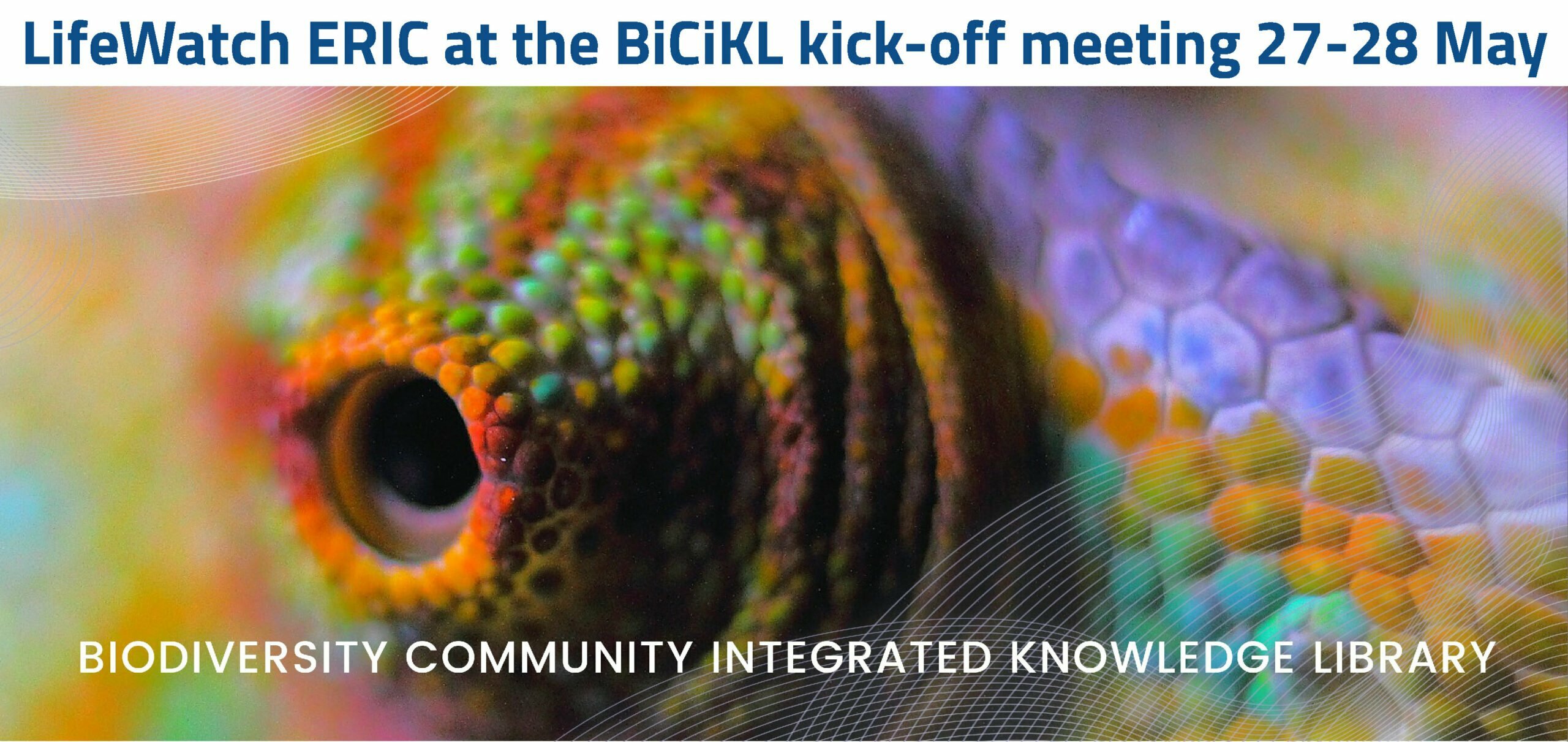LifeWatch ERIC is proud to be a key partner in an initiative to launch the first nanosatellite for terrestrial observation in Andalusia, alongside longstanding collaborator AGAPA from the Junta de Andalucía. The initiative in question is the SmartFood project, which has planned the nanosatellite launch for 2023, integrating a high-resolution camera, as well as the corresponding power supply equipment and the communications system necessary for transmitting data to the ground control station.
The SmartFood project has a budget of almost €1 million, 80% financed by the European Regional Development Fund (ERDF), through the Pluriregional Operational Programme for Spain 2014-2020. Its mission is to deploy a land network of sensors to monitor variables related to climate, soil, water and plants; capture aerial images through drones and balloons, as well as capture images from space. The collection of these data from a range of different spatial-temporal scales will allow for a comprehensive approach to monitoring agricultural and livestock systems.
“Another aim of the SmartFood project is to establish standardised protocols for the monitoring, quantification and evaluation of biodiversity through the integration of open data. To this end, the ultimate goal is to offer tools and collaborative work environments for the research community, also making the information and applications developed available to the different end users involved in the primary sector” said LifeWatch ERIC CTO, Juan Miguel Gonzalez-Aranda, as PI of the project. This will be made possible through LifeWatch ERIC; the entire ecosystem of data and applications collected will be shared with the LifeWatch ERIC community, thus facilitating consolidation and collaborative analysis in relation to:
- monitoring and controlling the impacts that agriculture and fishing have on biodiversity, as well as;
- measuring the effects of climate change on the sustainability and profitability of agriculture and fishing;
by means of the implementation of the proper VRE.
